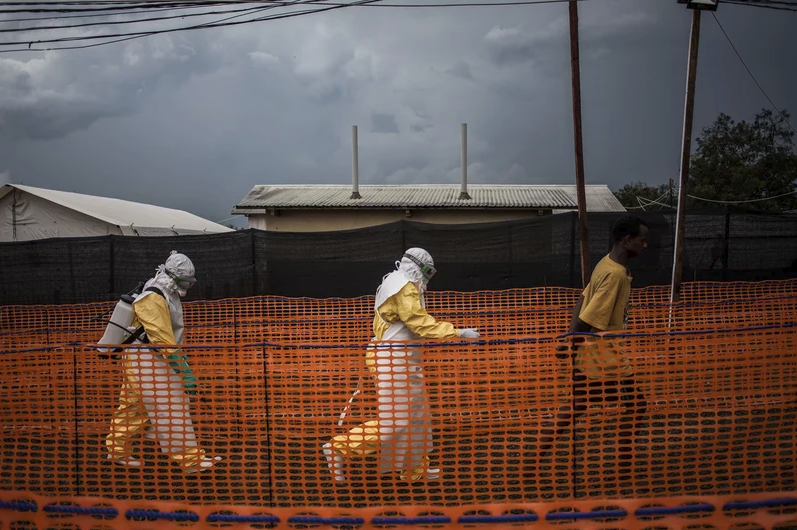
World Bank announces $300 million Ebola response package

The World Bank Group announced on Wednesday that it is preparing a $300 million in grants and credits to support the fight against the Ebola virus in the Democratic Republic of Congo.
The Bank said the funds are expected to cater for nearly half of the needs of a new Ebola response plan ahead of a meeting between the DR Congo government and international partners.
The announcement came two days after the Ebola response in the DR Congo encountered another challenge with the resignation of the Health minister Oly Ilunga on Monday.
Ilunga resigned on Monday in protest against President Tshisekedi’s decision to take over management of the response and concerns over a proposed experiment with a second vaccine.
The vaccine, which is still under trial investigation, is produced by a subsidiary of American multinational company Johnson & Johnson.
The Ministry of Health opposed its introduction saying the introduction of a new product in communities where mistrust of Ebola responders is already high posed risks.
An MP from the DR Congo, Muhindo Nzangi Butondo, echoed Ilunga’s sentiments when he told the BBC that he feared the Congolese people would be experimented on without their consent.
A vaccine, manufactured by German pharmaceutical, Merck, is already in use. The vaccine, which is tested but unlicensed, has been administered to more than 150,000 people in the DR Congo.
Mistrust of health workers and violence in the affected regions has hampered response efforts. This has been further complicated by the fact that people in Ebola contact lists deliberately avoid health workers or fail to comprehend why their travel is restricted once exposed.
This has compelled the WHO and DR Congo authorities to administer the vaccine to anyone willing to take it.
Last week, the World Health Organisation declared that the epidemic constituted a Public Health Emergency of International Concern.
The current Ebola outbreak, the worst in the DR Congo’s history, has killed more than 1,700 people. It is the second-worst in history after one that killed more than 11,000 people in West Africa between 2014 and 2016.






